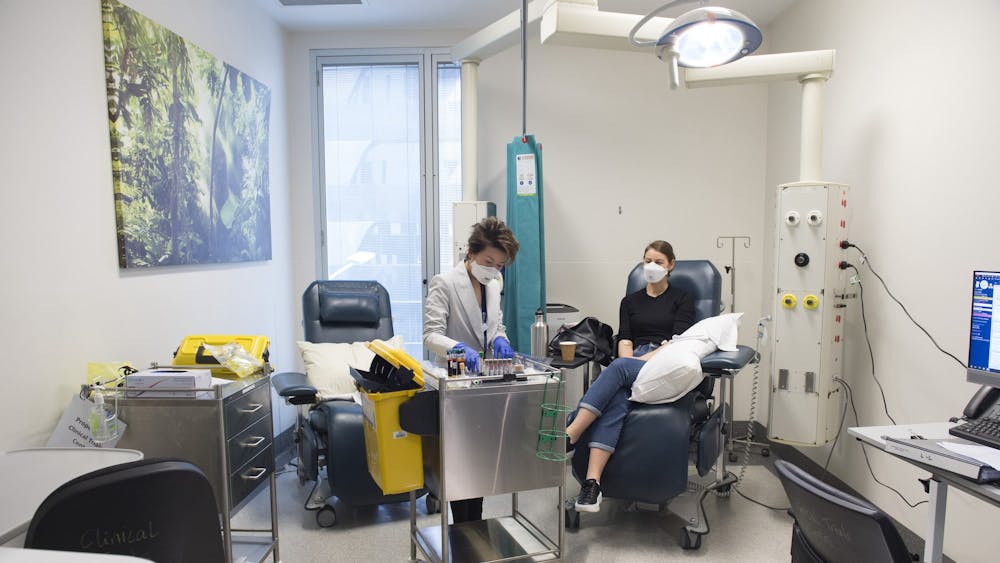Research project to measure how safe and effective bitopertin (DISC-1459) is in treating participants with erythropoietic protoporphyria.
About this study
Erythropoietic protoporphyria is a lifelong condition characterised by painful skin when exposed to bright sunlight.
The medication we are testing for this study is bitopertin (DISC-1459) and is given as an oral tablet. Bitopertin has already been given to over 4,000 individuals in clinical trials for other conditions.
The purpose of this research project is to measure how safe and effective this medication is in treating participants with erythropoietic protoporphyria. This study aims to understand the medication’s effect on underlying mechanisms that trigger sunlight intolerance. The outcome of this project could support new treatments to increase quality of life in people with Porphyria.
Anticipated enrolment close date: 31 October 2022
Contact the Research Team for more information.
Who can take part
Inclusion criteria
- Above 18 years of age, with diagnosis of erythropoietic protoporphyria or X-linked protoporphyria
- At least two months without taking systemic porphyria medications
- Liver enzyme levels are within normal range at time of screening
Exclusion criteria
- Major surgery within eight weeks before screening or incomplete recovery from previous surgery
- History of liver transplantation or red blood cell diseases associated with anaemia
- Use of afamelanotide, dersimelagon or iron supplements within two months of starting trial
What's involved
Participants will be required to:
- Attend the RMH about 10 times over the six-month trial period. Most study visits should take about one hour, however your first and second visit will be longer
- Undergo medical history, physical examination, height and weight
- Provide blood and urine samples and undertake a liver ultrasound
- Genotyping (unless documented in your medical history)
- Maintain a daily sun exposure diary throughout the study
- After the initial six months, you will have the option of extending the trial for up to a year total treatment time, with eight weekly visits during the extension period.

Ethics
All research in Australia involving human participants is reviewed by an independent group called a Human Research Ethics Committee (HREC). The ethical aspects of this research study have been approved by the Royal Melbourne Hospital HREC.
This study is being carried out according to the National Statement on Ethical Conduct in Human Research (2007). This statement protects the interests of people who agree to participate in human research studies.

We need clinical trials to prove that new treatments are safe and effective for people to use. They are essential to the discovery of new medications and devices, neither of which can be approved for use in Australia without clinical trials.

